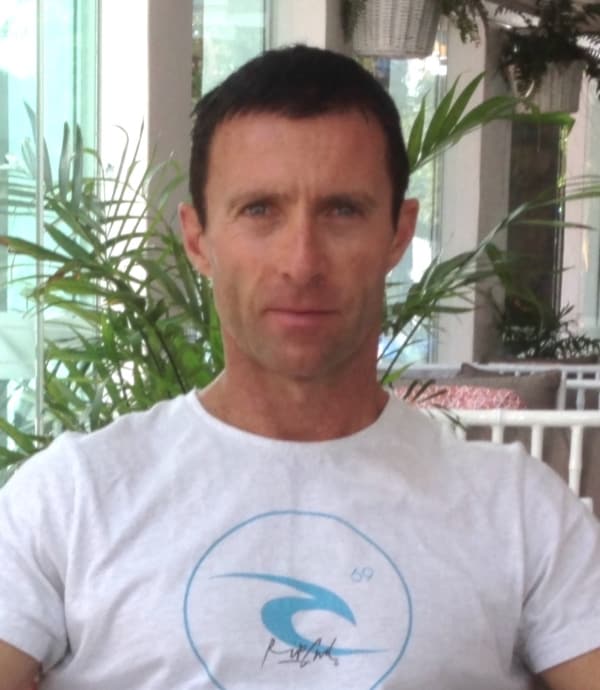Functional Strength & Conditioning
KLT Level One (For Physiotherapists)
Brisbane: 19 + 20 July, 2025
This KLT Level One (live) course is a two-day face-to-face professional development program.
Course Highlights
- Learn to design and deliver the most effective functional strength training programs by utilising an integrated approach to human biomechanics.
- Study the the very latest functional strength and movement restoration principles and explore a highly effective and precise Kinetic Link Training System.
- Develop (and learn to deliver) comprehensive exercise programs and complete full body workouts for all clients: rehabilitation, occupational conditioning, general fitness or sports performance.
- Develop a precise definition for functional training, and be able to recognise the features of functional strength training in comparison to traditional weight training.
- Explore the features of strength training required to improve functional capacity and consider precise methods of exercise selection to ensure biomechanical balance within resistance training programs.
- Understand motor control theory and the acquisition of movement strength and movement control in contrast to the training of isolated muscles.
- Acknowledge the relative lack of consistence that currently exists in exercise description and consider the use of a universal system for naming strength training exercises based on descriptions of movement rather than muscle activation.
- Recognise the value of both symmetrical and asymmetrical training – with reference to biomechanical balance, core control and functional movement literacy.
- Deliver introductory programs for clients new to full body functional training, and perform examples of suitable programs for clients with little experience in functional strength training.
- Identify common technique corrections required and key teaching cues, and recognise the link between good exercise technique and minimising the risk of client injury.
- Understand the concepts of dynamic stability and posture control and their relationship to core conditioning.
- Understand the concept of stability driven training and its influence of exercise progression and regression especially in relation to load and complexity of exercise choice.
- Understand the kinetic link principle and develop an appreciation of the myofascial sling system of the lumbo-pelvic region for developing outer unit core stability, and demonstrate an appreciation of the activation of the myofascial slings when designing exercise that require stability.
- Practice over 30 different integrated resistance training exercises – covering a diverse spectrum of movement patterns across multiple planes of motion.
- Gain confidence in both performing and teaching functional training exercises with good (effective and safe) technique.
- Demonstrate an understanding of how to safely progress a client from a basic rehabilitation level through to athletic strength (if required), and recognise the link between good exercise technique and minimising the risk of client injury.
- Design modifications to programs to meet the specific needs of a client – with particular reference to appropriate progression and regression of chosen exercises.
- Be able to manipulate various training variables to achieve different functional outcomes – such as: motor learning and coordination, stability & endurance, strength & hypertrophy and maximum strength.
- Explore concepts such as eccentric loading and partial range of motion training as effective methods to stimulate hypertrophy.
- Utilise functional training principles, a movement approach to exercise programming and a precise method for exercise description to design a comprehensive full body resistance-training program. A program which meets specific movement pattern requirements.
- Gain confidence in both performing and teaching a wide variety of functional training exercises with good (effective and safe) technique.
- Gain confidence in the delivery of Kinetic Link Training to a wide spectrum of clients, and learn how to efficiently deliver KLT over successive coaching sessions with a client.

The KLT Level One (live and online) course is recognised by several Australian professional associations for PD credits.
Your Presenter - Wayne Rodgers
Wayne Rodgers is a sports and exercise physiotherapist with over 35 years clinical experience, plus 25 years experience in presenting to professional audiences. He has been a sports physiotherapist for several national and international sports teams including the Australian Commonwealth Games team and the Australian Netball team. He is the senior sports physiotherapist and founder of Sunshine Coast Sports Physiotherapy.

FitStop Milton
4 / 55 Railway Terrace, Milton
Brisbane QLD, Australia
Saturday 19 July - 11am to 5.30pm
Sunday 20 July - 9am to 4pm
from AUD $796
